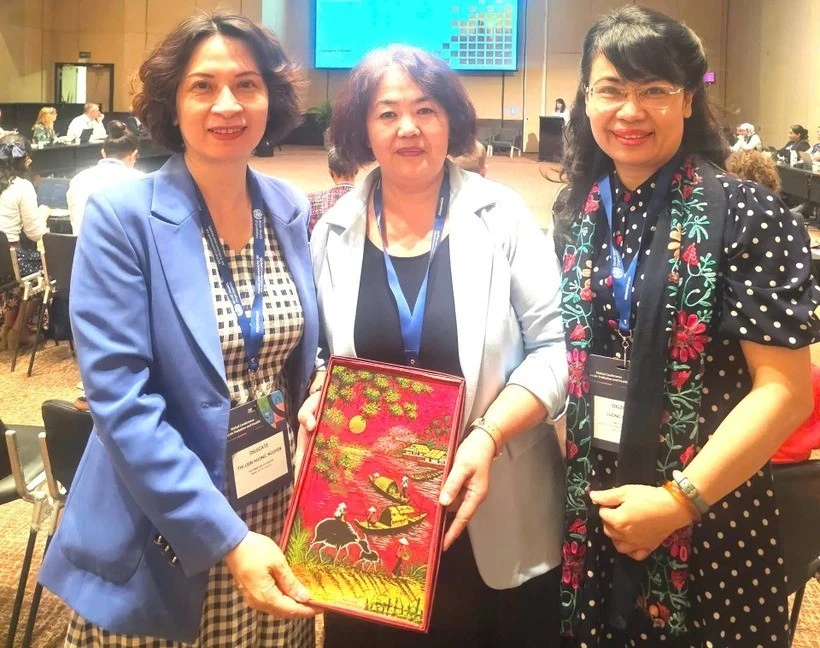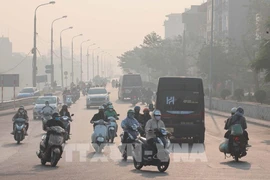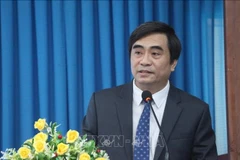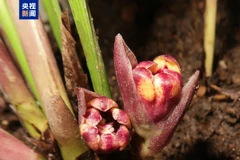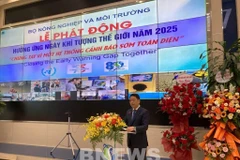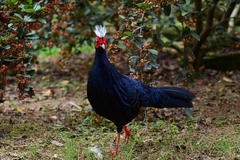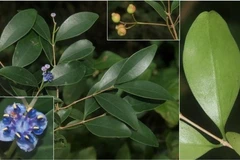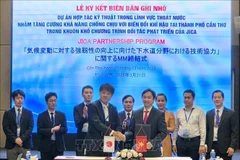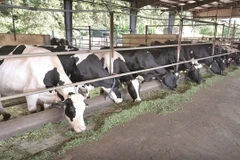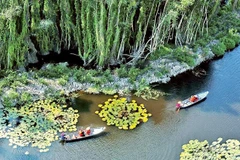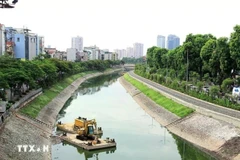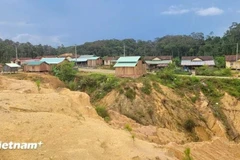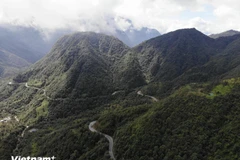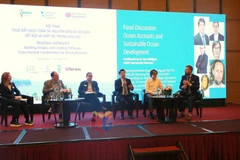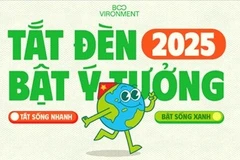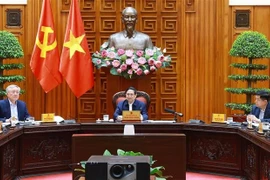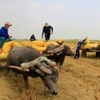Havana (VNA) – A Vietnamese delegation, led by Deputy Minister of Health Nguyen Thi Lien Huong, has actively contributed significant initiatives at the second Global Conference on Air Pollution and Health in Cartagena, Colombia, affirming Vietnam's proactive role in addressing this global issue.
Held from March 25-27, the event brought together senior leaders from many countries around the world to seek strategic solutions for tackling air pollution and protecting public health. It focused on assessing the health impacts of air pollution, especially on vulnerable populations.
Vietnamese delegates joined global health leaders and environmental experts to discuss solutions to reduce air pollution. Key measures proposed included promoting clean energy transitions to reduce reliance on fossil fuels, developing sustainable transportation, cutting emissions from motor vehicles, managing industrial and household waste efficiently, and having stricter regulations on industrial emissions control.
Delegates shared a common view that global efforts remain insufficient to tackle the air pollution crisis, which threatens public health.
Colombian Deputy Minister of Health Jaime Urrego stressed that air pollution is not an isolated issue but a consequence of a development model reliant on fossil fuels, exacerbating inequality and harming the planet.
According to the World Health Organization (WHO), air pollution causes 7 million deaths globally per year, increases the risk of severe diseases such as lung cancer, cardiovascular disease, diabetes, and respiratory issues. Alarmingly, 99% of the global population breathes air with pollution levels exceeding WHO safety standards.
WHO also warns that 2.1 billion people worldwide are exposed to indoor air pollution, mainly due to the use of coal stoves, wood stoves, or high-emission heating systems. This issue is especially severe in developing countries, where many households lack access to clean energy.
Vietnam is among the countries heavily affected by air pollution, especially in major cities like Hanoi and Ho Chi Minh City. Its participation in this conference reaffirms the Government’s strong commitment to tackling air pollution and highlights Vietnam’s active role in global efforts for a cleaner environment and public health./.
